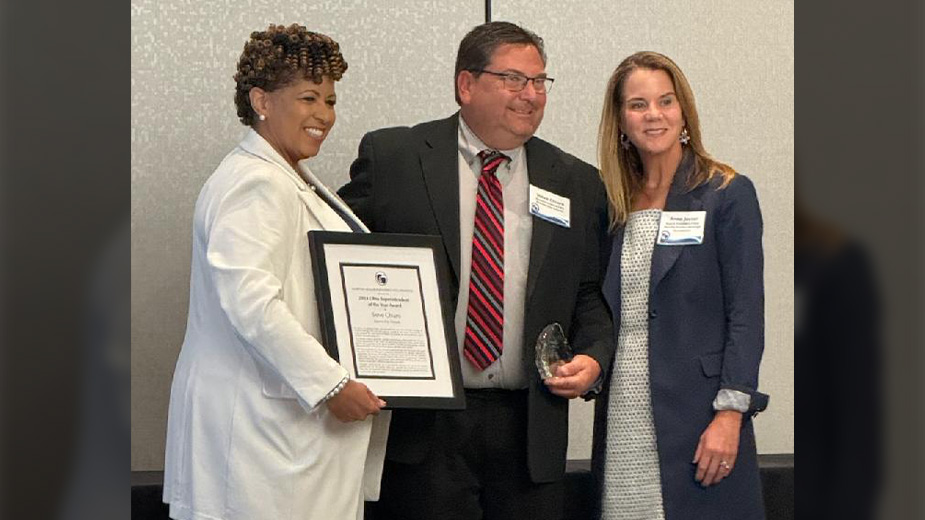Ohio Supreme Court Rules Law on School ‘Takeovers’ Constitutional
By KANTELE FRANKO Associated Press
COLUMBUS, Ohio (AP) — The Ohio Supreme Court upheld a law that changed how the state intervenes in repeatedly poor-performing school districts, ruling Wednesday that it’s constitutional because it doesn’t usurp local school boards’ authority and met requirements for legislative consideration when the changes were pushed through in one day in 2015.
The law shifted operational control of such districts from locally elected boards to unelected CEOs hired by state-appointed academic distress commissions, starting with Youngstown.
The Youngstown school board and school employees’ unions argued that the law on so-called state “takeovers” unconstitutionally stripped school boards’ power. But the court said the relevant constitutional provision about how school boards are set up doesn’t require that those boards get any specific power.
The school board and unions also contended the Republican-led Legislature violated a procedural “Three Reading Rule” and skirted more thorough debate about significant changes made to the measure, House Bill 70, shortly before it was passed.
The court sided with the state, finding that the rule was met because the bill wasn’t “vitally altered” after earlier legislative hearings and was always about the same thing: creating methods to improve poor-performing schools.
“It is not our role to police how the amended language came into existence,” Chief Justice Maureen O’Connor wrote in the opinion.
Two of the court’s seven justices dissented. Justice Michael Donnelly wrote that the court is discarding the three-consideration rule “in an egregious display of constitutional grade inflation.” Justice Melody Stewart warned the ruling will “encourage similar conduct in the future by whoever controls the majority in the legislature at any given time.”
Attorney Charles Oldfield, who argued the case for the unions and the school board, echoed the worry that the ruling opens the door for lawmakers to use similar strategies to pass legislation with limited opportunity for public input. He called the decision disappointing and said the appellants are considering their next options.
A statement from the state’s largest teachers union, the Ohio Education Association, said it will continue to push lawmakers to repeal the law.
The Ohio Attorney General’s Office, which defended the law, declined to comment on the ruling.
Copyright 2024 The Associated Press. All rights reserved. This material may not be published, broadcast, rewritten or redistributed.



